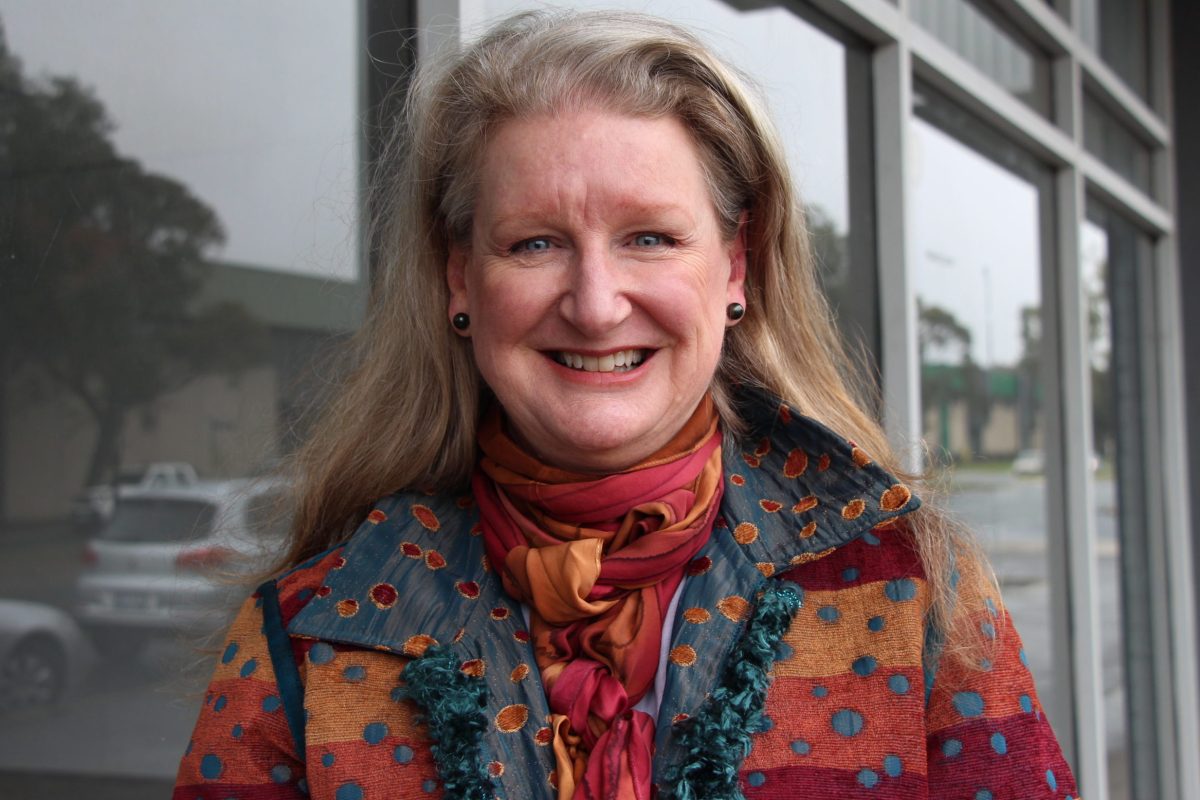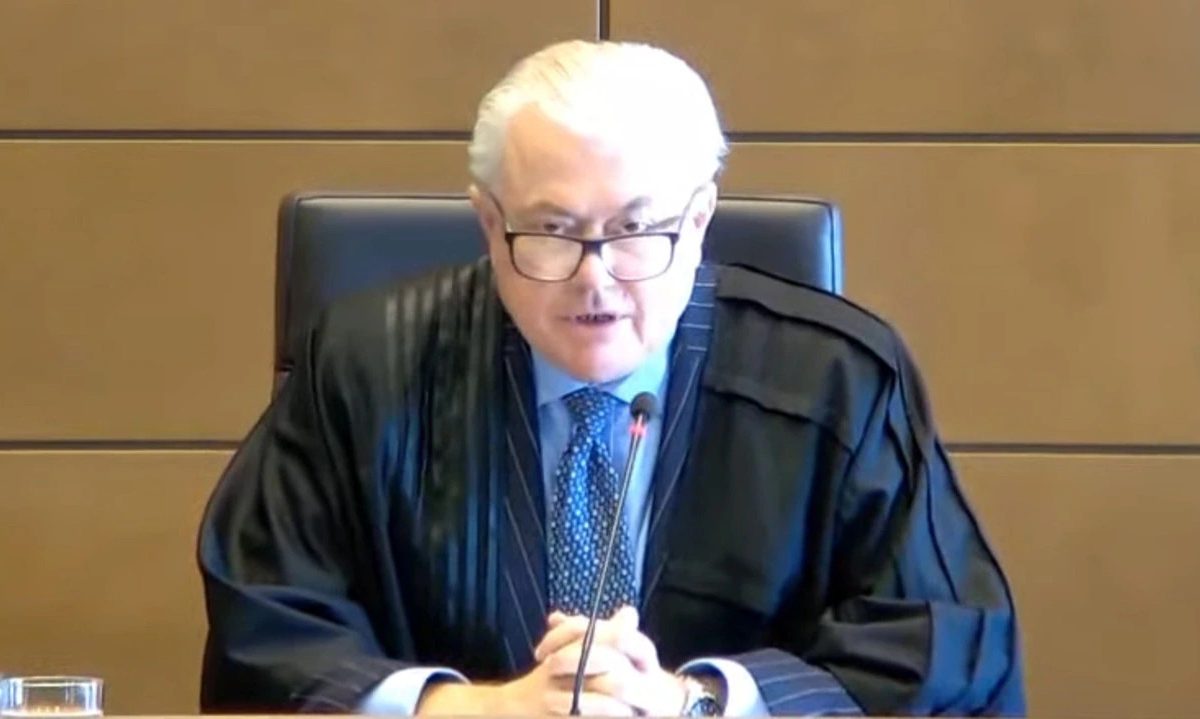I REMEMBER standing outside the AIS pool as some of the world’s top swimmers were testing new swim suits.
The pool’s glass walls were blacked out, I was told, to protect the privacy of those involved.
History now shows the blackout had nothing to do with the privacy of the swimmers but with the way big business has infiltrated sport; the reality was that Speedo was protecting its multi-million dollar investment.
There is also a wider issue; had the public been aware of what was going on during the testing process, you’d like to think there would have been such an outcry that it wouldn’t have made second base.
As it turned out, swimming’s governing organisation approved the new suits before anybody with a sense of fairness had a chance to block it.
Eighteen months later, 130 world records had been broken by swimmers using the fast suit with Speedo claiming that 98 per cent of the medals won at the 2008 Olympics were by swimmers wearing the LZR suit.
By 2010 the suits were banned, but the question has to be asked: Why were the suits given the go ahead in the first place? What is fair about swimmers wearing compressed suits which aid buoyancy and reduce drag? According to those who made the decision to allow swimmers to wear them, it was a natural progression to such outfits.
It’s obvious that judgement in sport is clouded by a “win at all costs” attitude and, when combined with big business, it has the potential to ruin the fabric of sport.
But do we and those involved with sporting organisations actually learn from past mistakes? It is hard know.
What sporting organisation would allow athletes to be injected with supplements? You would like to think that there is somebody within each club with a moral compass to say it is the wrong thing to do.
Who allowed Tom Waterhouse and other betting organisations to invade sport during live television coverage of major events and establish a constant link between the sport and betting? Was there nobody with the judgement to suggest that it was wrong, despite the promise of significant financial rewards to the networks?
It is obvious that sport needs leaders with the nous and the conviction to actually say no occasionally. You get the impression we are living in an age where the boundaries are being stretched until there is an outcry. Money has the potential to challenge the integrity of sport. It is omnipresent with people looking to make money out of something that is a passion for many.
We need leaders to question these judgements at the concept stage before they become a reality.
Who can be trusted?
In a world of spin and confusion, there’s never been a more important time to support independent journalism in Canberra.
If you trust our work online and want to enforce the power of independent voices, I invite you to make a small contribution.
Every dollar of support is invested back into our journalism to help keep citynews.com.au strong and free.
Thank you,
Ian Meikle, editor




Leave a Reply